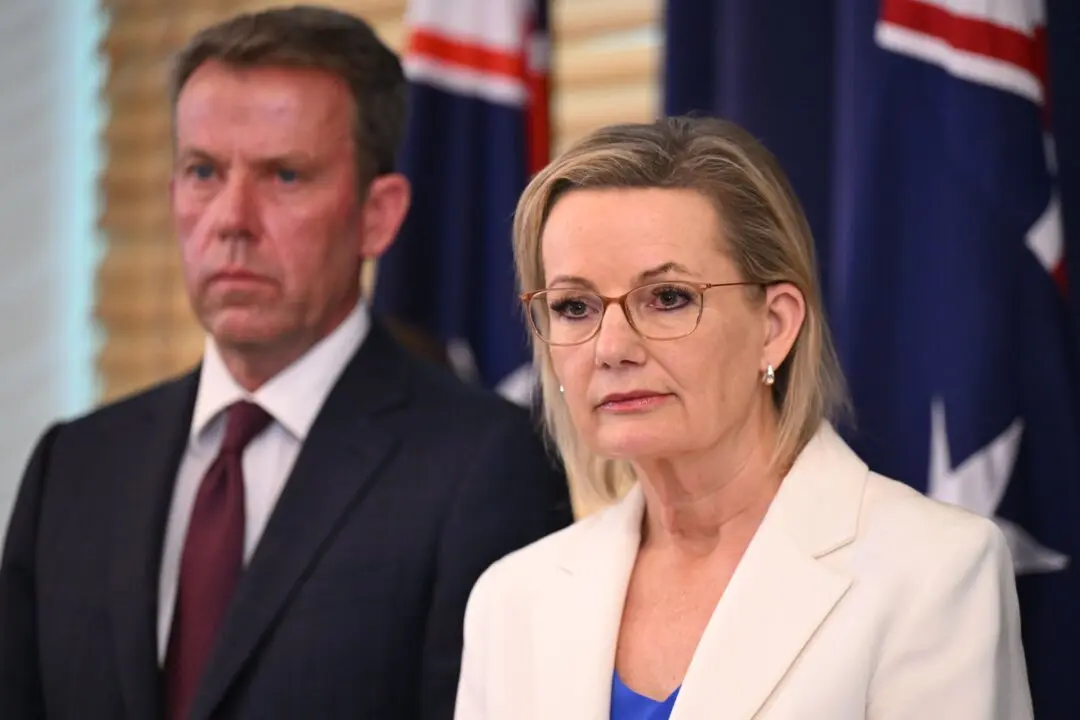The Australian Labor government’s decision to gift weapons and armoured vehicles to the Solomons government has been branded “ill-conceived and dangerous” by Pacific expert Cleo Paskal, saying the move is pushing the country one step closer towards civil war.
On Nov. 2, the Australian Federal Police (AFP) delivered training and around $1.3 million (US$740,000) worth of equipment to the Royal Solomon Islands Police Force (RSIPF).





